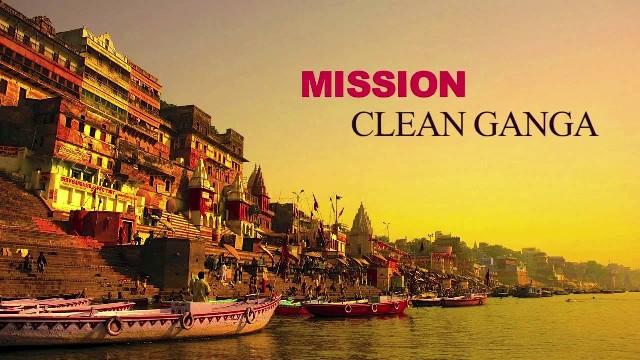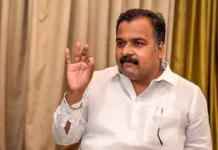NEW DELHI: Prime Minister Narendra Modi has a cultural faith-based perspective towards the Ganga and there will be an “Indian solution” to a clean river, says Justice Michael D Wilson of the Hawaii Supreme Court who has played a leading role in establishing a court that specialises in environmental laws in the US state.
He says “Modi cares about the river” and dubbed the government’s National Mission for Clean Ganga scheme as a fantastic community project.
“When somebody goes into the Ganga, they are not just getting wet. They are getting inspired. It’s a fantastic community project. Ganga has not been abandoned despite all the poisoning, people still revere it. So I think it will be cleaned up. There will be an Indian solution which will have an epic approach,” Justice Wilson told PTI in an interaction.
“This is a culture which believes in longevity – a commitment that is reflected in over 2000 years of culture and faith. People of India are committed to changing the present trend of global warming and unacceptable levels of carbon emissions. Their commitment is power – it is cultural,” he says.
On being asked about similarities between Donald Trump and Modi, Justice Wilson says there is a big difference between the two leaders and the Indian prime minister cares about the river.
“People compare him to Trump. There can be some comparisons which can be made, but there is a big difference. I know all politicians have certain amount of hyperbole and rhetoric but I don’t doubt that the prime minister of India cares about the river Ganges. He cares about the river. This is the big difference between the Prime Minister of India and the President of the United States. Prime minister Modi’s commitment is one of faith.
“I don’t know where I can find that commitment level in the executive branch of USA. The prime minister of India has a personal cultural perspective towards Ganga,” Justice Wilson says.
Expressing concern over the rise in air pollution , the judge says this is not a complicated issue and just a matter of will.
He says there is a need to pass a law that puts a cap on pollution and public transport system needs to be strengthened besides replacing the cars on the roads.
“It’s not a matter of difficult administrative theory or science. It’s known from where the contamination is coming from. The major problems are burning of fossil fuel and agricultural residue. Most of the poisoning is of poor children. The fact that India has a high percentage of young people in population, it is a very strong indication of power in terms of civil participation,” the judge says.
Justice Wilson also spoke at the ‘Green Law’ lecture on “Environmental Justice and the Rule of Law: Role of the Judiciary and Judges”, organised here by the O P Jindal Global University (JGU) and the WWF-India.
The judge was here on the invitation of JGU VC C Raj Kumar. PTI







